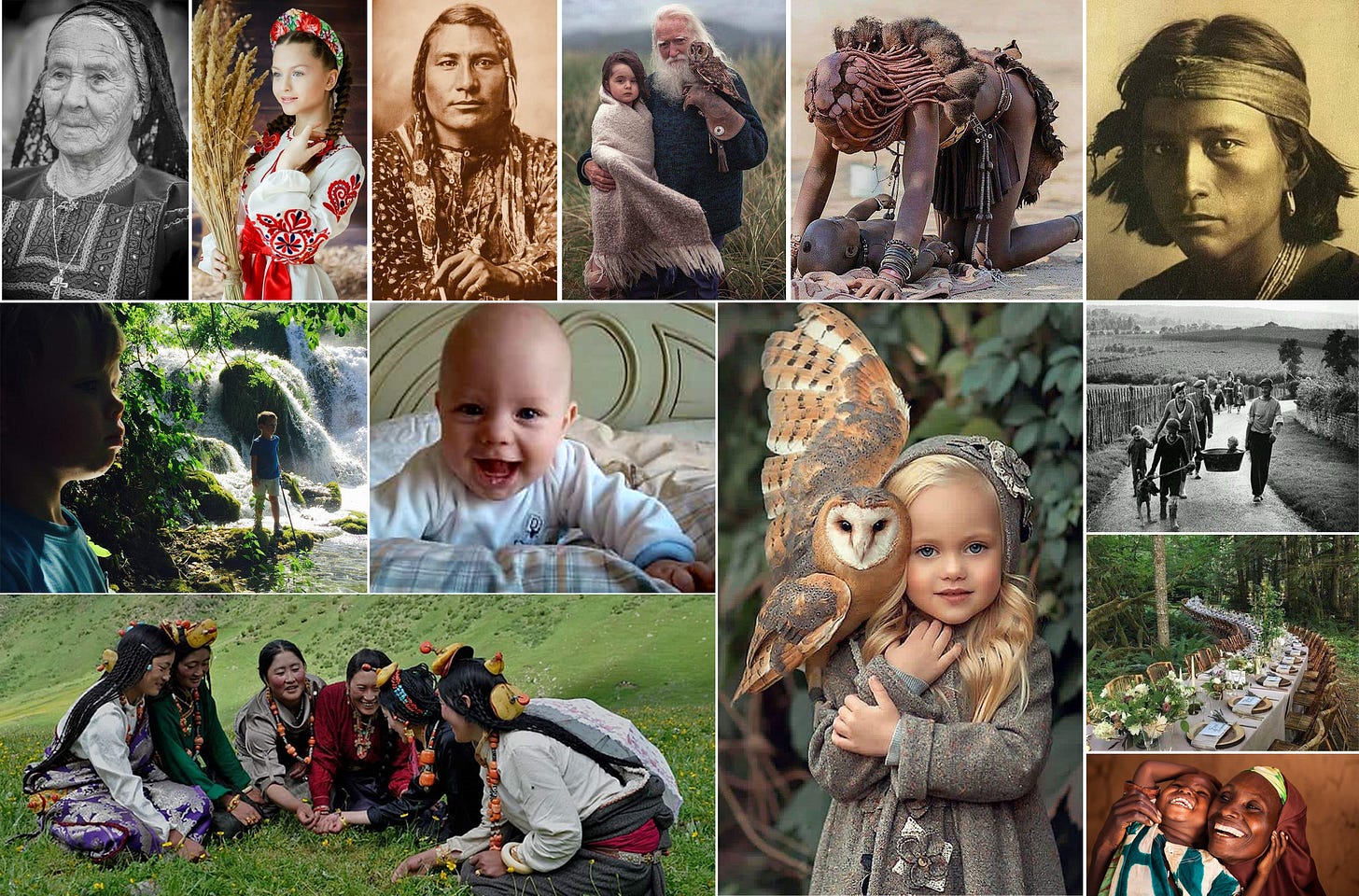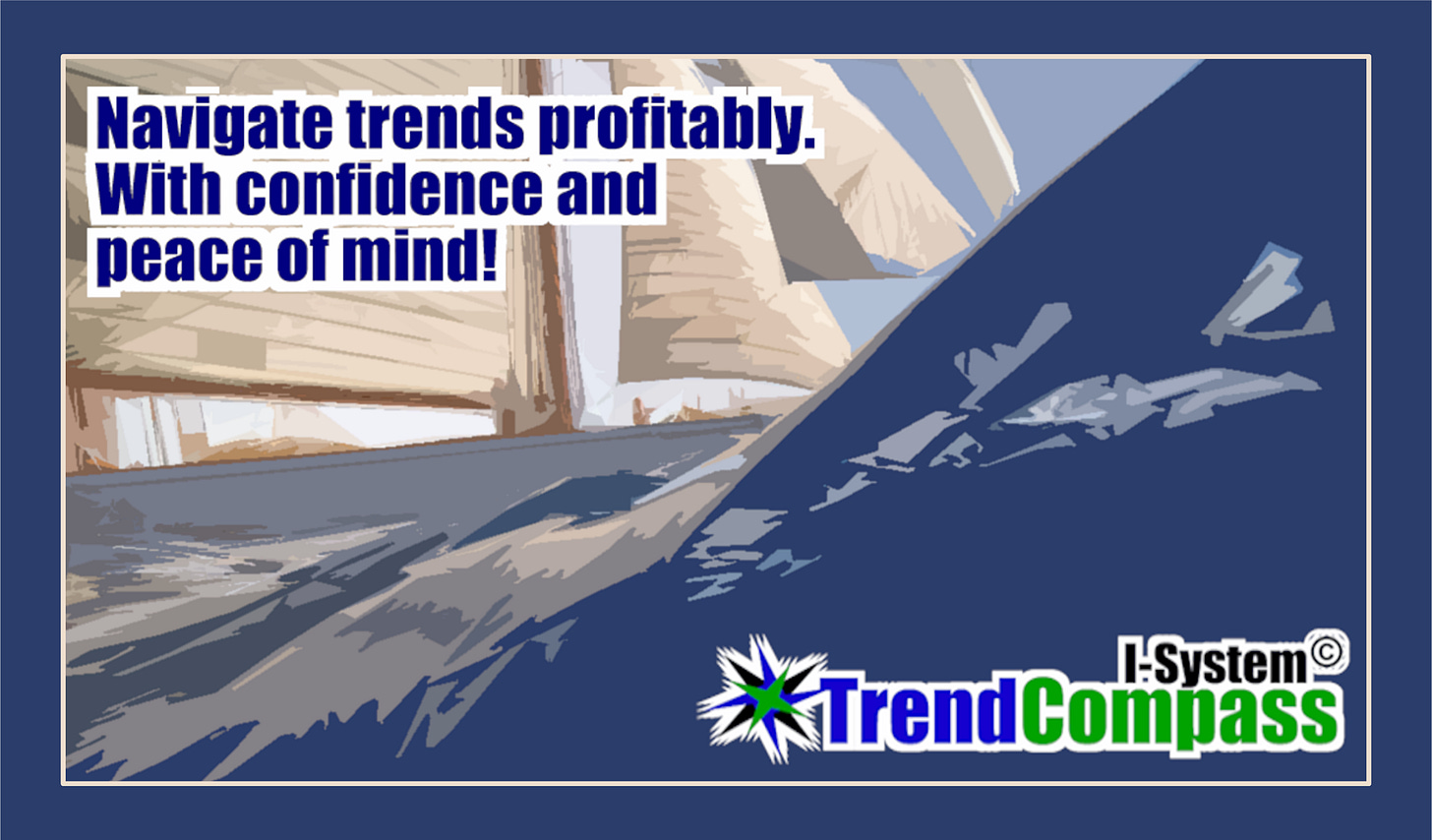Life outside the western matrix: "it's never been better..."
Our system is crumbling. We will have to build a new one.
Last week I was invited to speak at the XVI Verona Eurasian Economic forum in Samarkand, Uzbekistan where I spent four days. One of the interesting aspects of the trip was the experience of stepping out of the western matrix and its multiple pulsating hysterias in which we'd been submerged for such a long time now. We are adaptive and we gradually get used to new circumstances, whatever they are, until they become part of our “normal.” But in the west we've been treated to so many novelties, it is hard to appreciate just how extraordinary they are until you step outside of the matrix.
Endless divisions
Our social space is defined by endless divisions: colored vs. white, left vs. right, progressive vs. conservative, pro-guns or against, pro-abortion or pro-life, pro- or anti-immigration, socialist vs. capitalist, isolationist vs. globalist, pro-Ukraine or pro-Putin, pro-Israel or pro-Hamas (and you can't just demand a cease-fire in Gaza: you're either pro-Israel or pro-Hamas so take your pick!)... It feels like we're fighting a thousand battles yet it's not so clear where these battles originate from or what they are good for?
Our anxieties are only exacerbated by the fact that our very existence represents a threat to the whole planet: somehow we're draining the water off of it, destroying biodiversity and causing global boiling, making the planet's air unbreathable, and so forth. There may be a thin coating of truth to some of these issues, but the hysteria is being whipped up on purpose. Then we have further complications emanating from the discovery of multiple genders.
USA: are you liberal or a conservative
In the United States, it seems that every issue of any consequence is invariably framed as a left/right, liberal/conservative, Democrat/Republican question. Whoever tackles some issue is primarily perceived as declaring what side of the great divide they stand on. If you are pro-Israel, you must be Republican, but if you’re pro-Palestinian you’re a Democrat. If you have any regard for social justice you must be a liberal and if you wish to burn fossil fuels you must be a Republican.
Whatever your position, one group will applaud you as the other jeers. Meanwhile, few will bother too much about the merits of your arguments, so the discourse itself is becoming secondary to the mere declaration of group allegiance. It is therefore not wise to be too nuanced about those declarations: you better not risk sounding like you have sympathy for the other side. For clarity, it’s best to declare more extreme positions and express them in blunt terms. The result of that climate is that the quality of discourse is deteriorating and polarization in society is only worsening.
Are we living in a psychiatric asylum?
At times it all feels like a loony asylum where discussions about relevant issues feel about as sane as medieval scholars discussing how many angels could dance on the tip of a needle. Four days in Samarkand, outside of this asylum was a reminder that much of what occupies our minds in the modern west are superfluous, artificial constructs.
It was refreshing to witness people unburdened by such divisions engage in quality, pragmatic discussions about practical matters of development, energy production, credit allocation, trade, infrastructure and culture. This is what the Eurasian multipolar integration process is all about; it is a different path to Eurasia: one defined by constructive cooperation and partnership among nations as an alternative to the western imperial/colonialist approach defined by dominance, subjugation and exploitation.
Life in Russia: “it’s never been better”
Russia might be a good example of this approach to development. After ten years of its western-prescribed "shock therapy," Russia was a complete basket-case; its economy was in shambles, its food production almost nonexistent, its military in disarray and its government one of the most dysfunctional and most corrupt in the world. Less than 24 years after evil Vladimir Putin took over, Russia is undergoing a veritable renaissance.
In Samarkand I met three westerners who live in Russia - an American, a German and a Swiss. I asked them how life in Russia was these days in the shadow of the war in Ukraine and under heavy-handed western sanctions. All three said life was great. The American gentleman said, "life was never better." To someone living the everyday reality of the western asylum, their descriptions of life in Russia seemed almost unreal: it is a well-ordered, prosperous society, the kind that seems like a fading memory in the west.
But some westerners might dismiss these testimonials altogether: we know how awful things are in Russia because our fair and balanced media has informed us so. In addition, all three of these persons I asked were straight white males so obviously, massively privileged, etc. A part of me feels like I should have erupted in righteous outrage. But maybe they were right - it’s hard to know...
The feedlot or God’s green earth?
To appreciate the realities and perceptions of people who live in the west, imagine for a moment the reality of chickens who only knew life in a modern industrial feedlot. If they could speak, they might dissipate endless energy in passionate debates about the layout of their coop, design and size of their cages, how good or bad the farmer was, their neighbor’s behavior or whether the fodder should flow from left to right or from right to left... The collective might even develop an ideology affirming that the feedlot was the best model of society ever devised for chickenkind.
Members of the community would probably be encouraged to admire the feedlot as a technological marvel and many well-meaning chickens who become aware of its flaws might try to improve the life of chickens by improving the design and management of the feedlot. Those slightly more clever chickens who somehow mastered life in the pen to their advantage would even learn to enjoy the place as it had enabled them to rise above other chickens. They’d learn to perceive themselves as more capable and more worthy than other, ordinary chickens. To them, if most chickens struggled it was because of the shortcomings of most chickens and anyone who complained about the feedlot could be dismissed with contempt. The clever, capable chickens would be held up as examples for others and proof positive that with hard work and grit, any chicken could succeed.
Meanwhile, appreciation of life outside the feedlot would recede beyond imagination of the confined chickens. After a few generations in that place, the living memory of other ways of life might get erased from the chickens’ collective consciousness. The idea of simply being and enjoying life in the abundance of God’s green earth would become an alien concept, wholly displaced by the pressing need to work hard and learn how to navigate the feedlot’s limited and limiting matrix and carve out some semblance of success within its confines.
The chickens’ very self-perception of who and what they are, and what it means to be a chicken would become distorted beyond recognition. In that world, any chicken who suggested that life could be arranged in an entirely different way might sound like a raving lunatic and a dangerous dissident, especially to those successful, dominating chickens.
Perhaps a day outside under the sun might suffice to put things back into perspective and this is what my trip to Samarkand was.
Less prosperous, less healthy and less free in the west
Over the last 30 years, the deterioration in quality of life in the west has in some ways paralleled the de-evolution of chickens in our industrial farming operations. We are less prosperous, less healthy and less free than we were 30 years ago. Our health has decayed, rates of chronic illnesses, obesity and drug use are exploding. We have fewer children and less time to enjoy bringing them up. Even our life expectancy is becoming shorter. And as we deteriorate physically, we are also deteriorating psychologically and emotionally.
As with chickens and other livestock, modern society is gradually becoming an industrial farming operation for humans also. Some of those tendencies are clearly discernible, including living under constant surveillance in 15-minute cities, introduction of insect protein-based fodder, mandatory vaccinations and more.
We are God’s divine creation
Thankfully, our current matrix is coming apart at the seams. Clearly, it is not suited to humanity, and it is not by chance that the high priests of Davos felt that their plans, if they were to work out, required a change in what it meant to be human. But that question never was, and never will be up to the degenerate hereditary oligarchies of Europe and the United States.
We are part of the natural world which is God’s divine creation. All of the natural world is majestic and beautiful, so why shouldn’t humanity be majestic and beautiful also? For sure, once we have freed ourselves from the malignant parasite that’s draining our life’s blood, we will be.
This place is our inalienable birthright. We need not ask anyone’s permission to build whatever future, whatever social or economic arrangement as seems appropriate to us. It is indeed our duty to simply claim that birthright for ourselves and to make sure that future generations are never deprived of it. The beauty of the world around us should give us faith that we too will become a beautiful part in the brilliant symphony of life. Indeed, how could we not be?
Alex Krainer – @NakedHedgie is the creator of I-System Trend Following and publisher of daily TrendCompass investor reports which cover over 200 financial and commodities markets. One-month test drive is always free of charge, no jumping through hoops to cancel. To start your trial subscription, drop us an email at TrendCompass@ISystem-TF.com
For US investors, we propose a trend-driven inflation/recession resilient portfolio covering a basket of 30+ financial and commodities markets. For more information, you can drop me a comment or an email to xela.reniark@gmail.com









Thank you, Alex. This is beautiful.
It is a joy to read someone whose intelligent analysis of the world is founded on optimism and faith in the human race. Thank you... and I love the accompanying photos of indigenous people. We are all "indigenous" somewhere. (And lucky you to have an excuse to travel to Samarkand!)